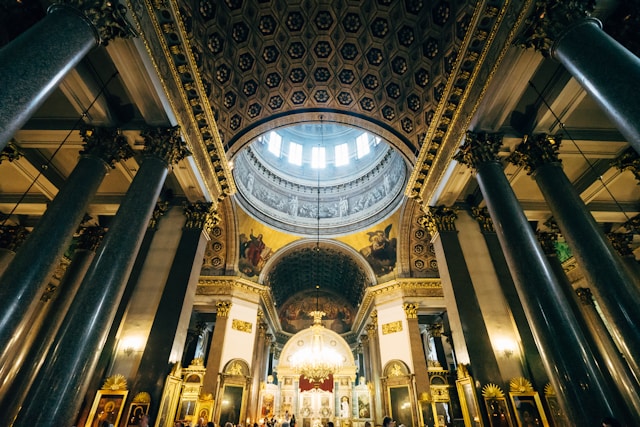Your cart is currently empty!
Unveiling the Historic Tapestry of Salem Baptist Church: A Journey of Faith and Resilience

Introduction
Salem Baptist Church stands as a testament to the enduring power of faith, resilience, and community. Its rich history, spanning over two centuries, is intertwined with the struggles and triumphs of African Americans in the United States. This detailed guide will delve into the depths of Salem Baptist Church, exploring its origins, key milestones, and its profound impact on the local and national landscape.
A Genesis of Resilience: The Founding of Salem
In 1794, a group of enslaved and free African Americans established Salem Baptist Church in Cambridge, Massachusetts. Amidst the oppressive societal norms of the time, they found solace and empowerment within the walls of their humble meetinghouse.
A Sanctuary Amidst Adversity
During the tumultuous days of slavery, Salem Baptist Church became a beacon of hope and refuge for its members. It provided a safe space where they could worship, learn, and organize for a better future.
Growth and Influence in the 19th Century
As the abolitionist movement gained momentum in the 19th century, Salem Baptist Church played a pivotal role. Its members actively participated in anti-slavery efforts and welcomed prominent abolitionists, such as Frederick Douglass and William Lloyd Garrison, to speak from its pulpit.
The Leadership of Richard Allen
In 1832, Reverend Richard Allen, a former slave and founder of the African Methodist Episcopal Church, was called to serve as pastor of Salem Baptist Church. His leadership brought national prominence to the congregation, and he became an influential figure in the fight for racial equality.
A Beacon of Progress in the 20th Century
During the 20th century, Salem Baptist Church continued to be a driving force for social justice and community development. Its pastors, such as Martin Luther King Jr. and Charles H. Ogletree, led the congregation in the Civil Rights Movement and beyond.
Martin Luther King Jr.’s Legacy
In 1954, Dr. Martin Luther King Jr. became the assistant minister of Salem Baptist Church. His powerful sermons and leadership during the Montgomery Bus Boycott helped galvanize the Civil Rights Movement.
Present-Day Impact and Community Engagement
Today, Salem Baptist Church remains a vibrant and influential congregation. Its mission extends beyond its walls, as it engages in a wide range of community programs and initiatives.
Community Outreach and Social Justice
Salem Baptist Church runs several outreach programs, including food pantries, after-school programs, and job training. It also actively participates in local and national social justice causes.
Architectural and Historical Significance
The architectural grandeur of Salem Baptist Church is a testament to the resilience and determination of its congregation. The current building, completed in 1828, is a National Historic Landmark.
Gothic Revival Style
The church’s Gothic Revival style reflects the architectural trends of the time and adds to its historic significance. The pointed arches, stained glass windows, and ornate details create a sense of awe and reverence.
Notable Pastors and Members
Throughout its history, Salem Baptist Church has been led by a succession of notable pastors, including:
- Reverend Richard Allen
- Reverend Martin Luther King Jr.
- Reverend Charles H. Ogletree
Prominent members have also contributed to the church’s legacy, such as:
- Frederick Douglass
- William Lloyd Garrison
- W.E.B. Du Bois
Conclusion
Salem Baptist Church is a living testament to the power of faith, resilience, and community. From its humble beginnings as a refuge for enslaved African Americans to its present-day role as a beacon of social justice, the church has played an integral role in the fabric of American history. Its enduring legacy continues to inspire and empower generations within and beyond its congregation.